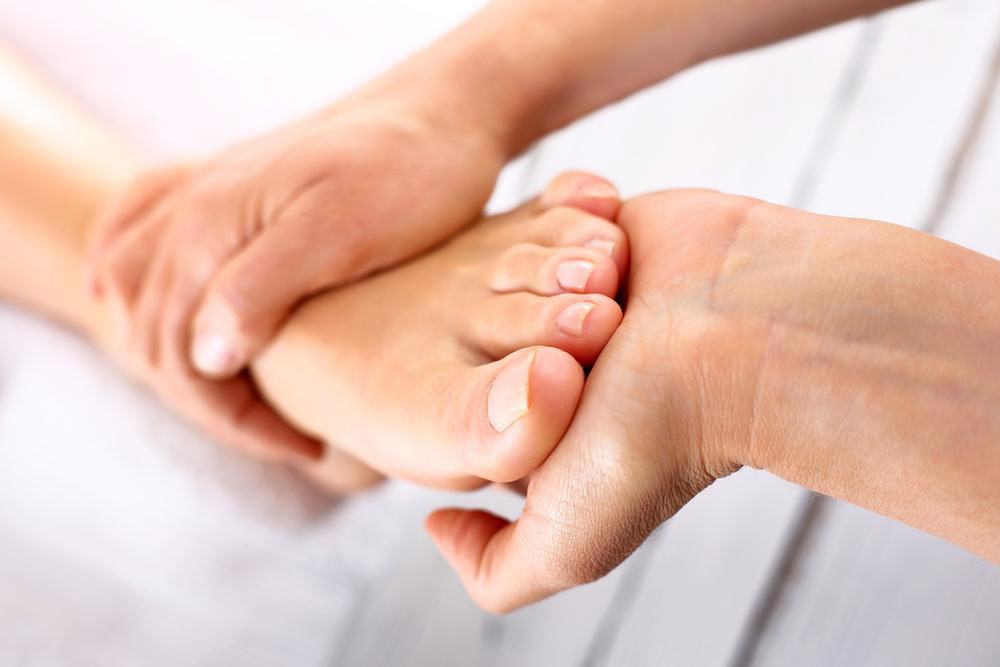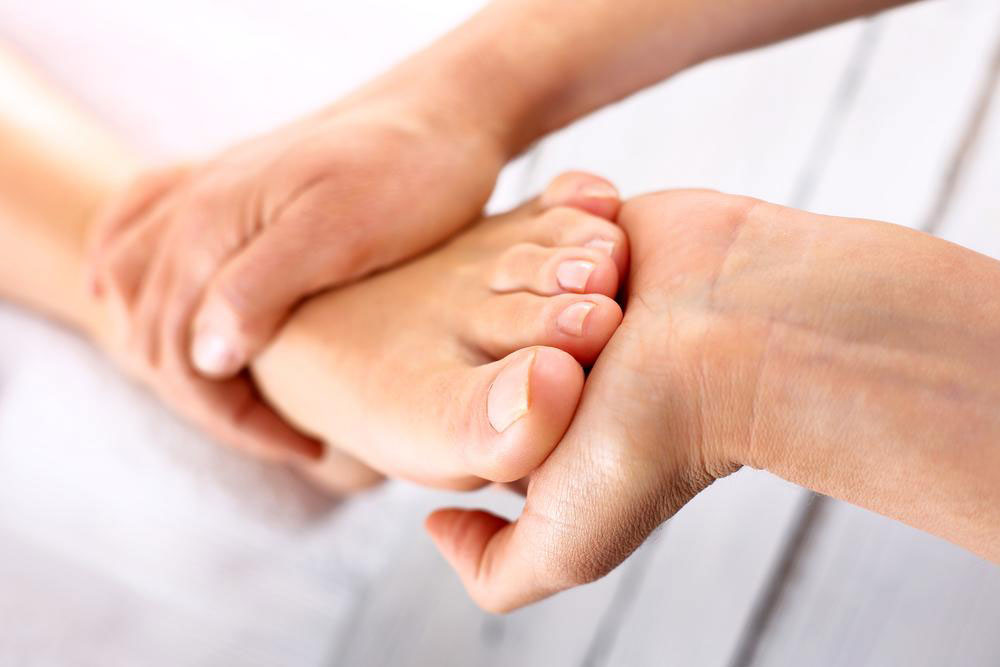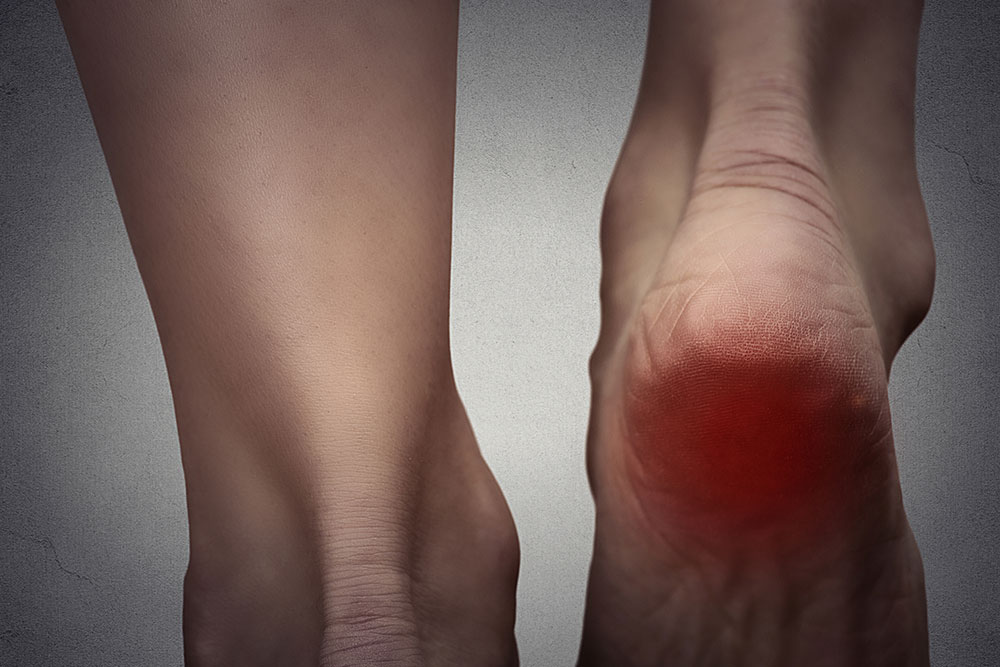Understanding Heel Discomfort: Causes and Symptoms
Heel discomfort affects many adults, often caused by mechanical strain or health conditions like arthritis. Symptoms include pain after rest, swelling, and difficulty moving the foot. Wearing certain footwear and overuse can contribute to persistent pain. Seek medical advice if symptoms are severe or prolonged, especially if accompanied by swelling, numbness, or fever. Proper diagnosis and treatment are essential for recovery and preventing chronic issues.

Understanding Heel Discomfort: Causes and Symptoms
Heel discomfort is a widespread foot issue affecting many adults nationwide. It often manifests as pain beneath the heel bone, medically known as plantar fasciitis. This area is located just below the Achilles tendon, which connects to the heel bone.
While typically not dangerous, persistent heel pain can become intense and evolve into a chronic condition. The calcaneus, or heel bone, is one of the largest bones in the foot, designed to offer sturdy support for body weight.
During activities like walking or running, the heel absorbs impact and propels us forward. Research indicates that these actions generate loads exceeding body weight, putting the heel at risk of injury and pain. Heel discomfort results from various mechanical factors, as well as conditions like arthritis, autoimmune diseases, and injuries.
Signs of heel pain can help determine whether it's temporary or persistent. Often, pain develops gradually without an obvious injury. Wearing flat shoes, such as flip-flops, for extended periods can contribute by placing stress on the plantar fascia, leading to swelling.
Common symptoms include pain after resting, especially in the morning or after long periods of inactivity. The discomfort may lessen during activity but increase again as the day progresses. Seek medical attention if severe pain accompanies swelling near the heel, numbness, tingling, fever, difficulty bending the foot downward, or inability to stand on the toes. Persistent heel pain exceeding one week warrants a consultation with a healthcare professional.
Note:
Our blog offers diverse, practical health information. While our research aims to provide helpful insights, it shouldn't replace professional medical advice. The site is not responsible for discrepancies or errors found elsewhere, and some offers or schemes may not be covered here. Consult a healthcare provider for personalized care.










